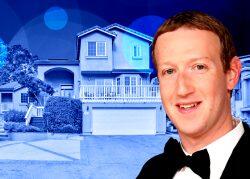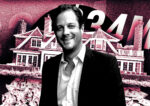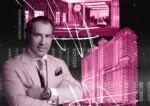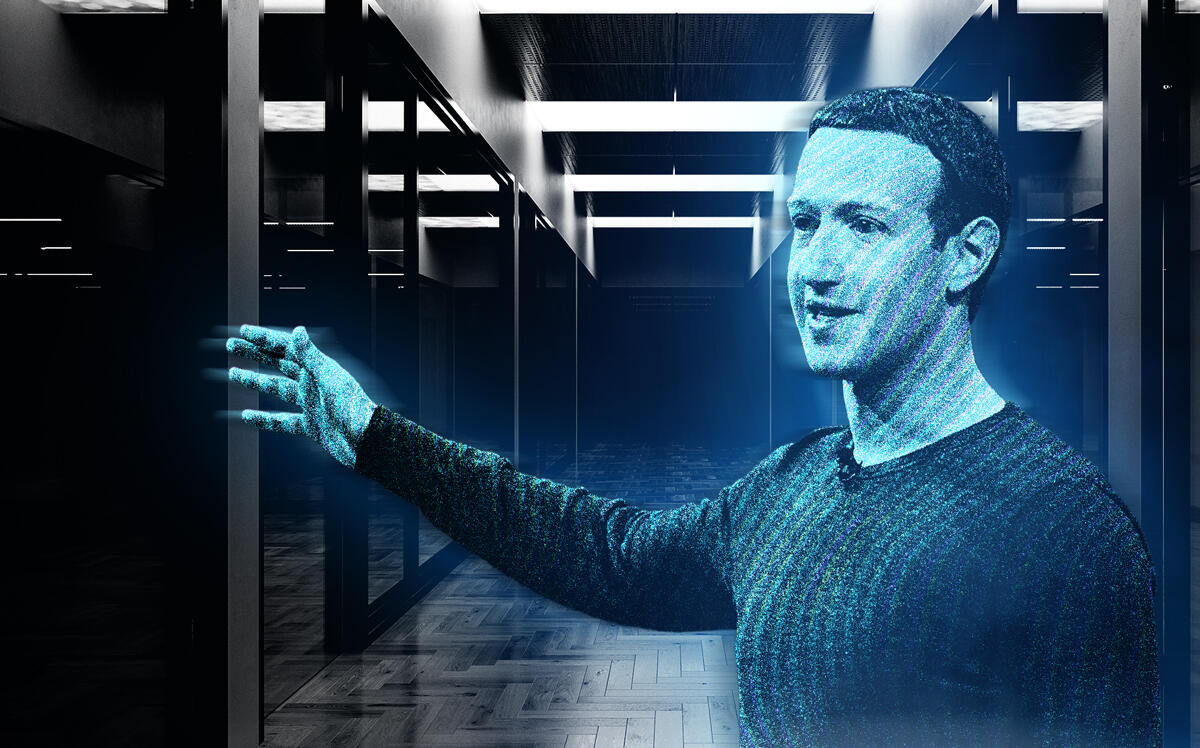When it comes to going back to the office, Facebook founder Mark Zuckerberg may have a better idea: Show up for work as a hologram.
Zuckerberg, the CEO of Menlo Park-based Meta Platforms, explained his latest workforce solution during an appearance on “The Joe Rogan Experience,” on Spotify, the Silicon Valley Business Journal reported.
The nearly three hour podcast covered everything from surfing off the coast of his Hawaii home to Facebook censoring a story about Hunter Biden’s laptop to being “punched in the stomach” with a million email messages.
But it was his approach to work in the metaverse that sails above the common imagination.
Forget being forced to move from archconservative Idaho to liberal San Francisco, just to avail a big fat paycheck from nearby Silicon Valley.
“Imagine if you didn’t have to move to some city that didn’t have your values in order to be able to get all the economic opportunities, that would be awesome,” Zuckerberg said to Rogan, according to the Business Journal.
In the future, he said, you will be able to “teleport in the morning to the office and show up as a hologram. I think that’s going to be pretty sweet, right?
“It will unlock a lot of economic opportunity, for a lot of people.”
Zuckerberg, who leads Meta Platforms’ Facebook, Instagram, WhatsApp and other digital platforms and services, may be looking into how his metaverse could upend the era of remote work.
But it’s not clear how his immersive virtual reality could alter the prospects of all work – such as how a hologram employee might empty out his trash can.
Or the effect of millions of hologram workers on the brick-and-mortar office market, including San Francisco. The city, which began the year with nearly a quarter of its office space vacant, could see vacancy from 35 percent to 50 percent in parts of its downtown, according to its chief economist.
— Dana Bartholomew
Read more






